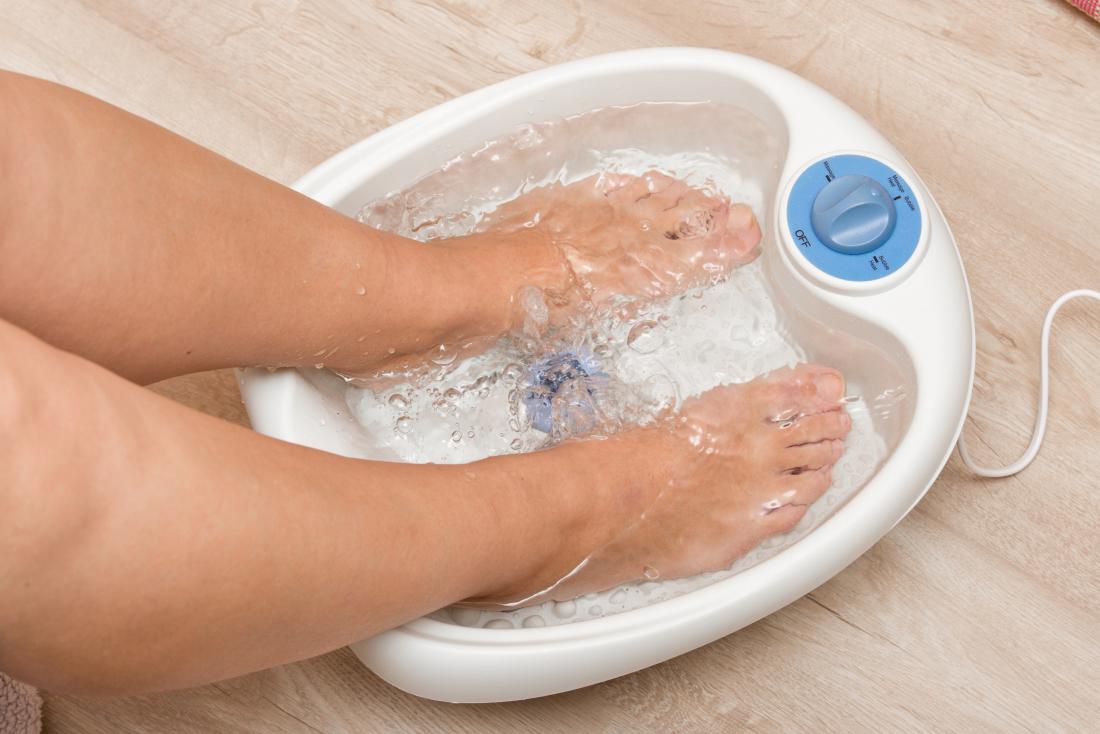Leading Dermatology Treatments for Hyperhydrosis of Hands and Feet: What You Need to Know
Leading Dermatology Treatments for Hyperhydrosis of Hands and Feet: What You Need to Know
Blog Article
Recognizing the Root Causes of Excessive Sweating and Its Influence On Day-to-day Live
While it is frequently comprehended as a physical response to manage body temperature level, the triggers for too much sweating can vary extensively amongst individuals, encompassing not just physical elements however mental and also emotional aspects. By delving into the root creates of hyperhidrosis and exploring its multifaceted effects, a much deeper understanding of this prevalent problem can be obtained, shedding light on the intricacies that individuals grappling with extreme sweating browse on a day-to-day basis.
Physiology of Sweat Glands
The law of sweat manufacturing, a vital physical procedure, is mainly controlled by the activity of gland dispersed across the human body. Sweat glands are categorized into two major kinds: eccrine and apocrine glands. Eccrine glands are one of the most numerous and are discovered in mostly all locations of the body. They play an important function in thermoregulation by producing a watery fluid onto the skin's surface area, which evaporates and assists cool down the body down. In contrast, apocrine glands are focused in locations rich in hair follicles, such as the armpits and groin, and their secretions are thicker and milklike in appearance.
When the body temperature rises, either because of physical task, high temperatures, or psychological anxiety, the nerve system triggers the sweat glands to produce sweat. This sweat is composed mainly of water and electrolytes like salt and chloride. The process of sweat manufacturing is necessary for preserving the body's inner temperature level within a narrow, optimum array, highlighting the important function sweat glands play in human physiology.
Triggers for Excessive Sweating
In recognizing the origin of excessive sweating, it is vital to recognize the triggers that can cause this physical response. Excessive sweating, additionally recognized as hyperhidrosis, can be motivated by numerous elements, both environmental and physiological. One usual trigger is psychological stress or stress and anxiety, which can stimulate the body's sweat glands to generate even more sweat than is required for cooling down. Physical exertion, heats, and spicy foods are also known to activate too much sweating in individuals prone to this condition. Specific clinical conditions like diabetes mellitus, hyperthyroidism, or menopause can contribute to too much sweating as well.
Furthermore, medicines such as some antidepressants, opioids, and particular supplements can also work as triggers for hyperhidrosis. Comprehending these triggers is essential in managing excessive sweating efficiently - Exessive Sweating. By determining and attending to the certain triggers that prompt extreme sweating in a specific, doctor can create tailored therapy plans to alleviate this condition and enhance the person's top quality of life
Medical Conditions Associated
Related to too much sweating are numerous medical problems that can intensify this physiological reaction. One common condition is hyperhidrosis, a disorder defined by abnormally enhanced sweating that surpasses the body's thermoregulatory requirements. This can show up in focal locations like the palms, soles, underarms, or face, influencing a person's lifestyle as a result of social humiliation and pain.
Furthermore, endocrine conditions such as hyperthyroidism, diabetic issues, and menopausal hot flashes can also lead to too much sweating. Hyperthyroidism creates an overflow of thyroid hormonal agents, increasing metabolism and activating sweating.
Furthermore, infections like hiv, endocarditis, and tuberculosis have actually been related to night sweats, a typical symptom recognized to interrupt rest and influence total health. These medical conditions highlight the diverse series of underlying elements that can add to too much sweating, necessitating detailed evaluation and monitoring by health care specialists.
Psychological and Psychological Variables

Effect On Social Communications
Extreme sweating can have profound results on an individual's capability to engage comfortably in social interactions. The visible indicators of sweat stains or damp spots on garments can cause embarrassment and self-consciousness, triggering individuals to take out from social scenarios. This withdrawal can impact connections, restriction social activities, and impede individual and expert development.

Moreover, the stress and anxiety and self-confidence issues originating from excessive sweating can affect communication and social abilities. People might struggle to focus on conversations, join group activities, or express themselves confidently. This can bring about feelings of isolation and solitude, as social links come to be testing to keep.
Conclusion

While it is commonly recognized as a physiological feedback to regulate body temperature, the triggers for too much sweating can differ commonly among people, including not just physical elements however also psychological and emotional elements. By diving right into the root causes of hyperhidrosis and discovering sites its diverse results, a much deeper understanding of this prevalent problem can be acquired, losing light on the intricacies that individuals grappling with excessive sweating navigate on a daily basis.
Physical physical effort, high temperature levels, and spicy foods are additionally known to cause extreme sweating in people vulnerable to this problem. By determining and attending to the particular triggers that trigger excessive sweating in a specific, health care providers can establish personalized treatment strategies to minimize this condition and improve the individual's quality of life.
Excessive sweating can have profound effects on a person's capacity to involve conveniently in social interactions.
Report this page